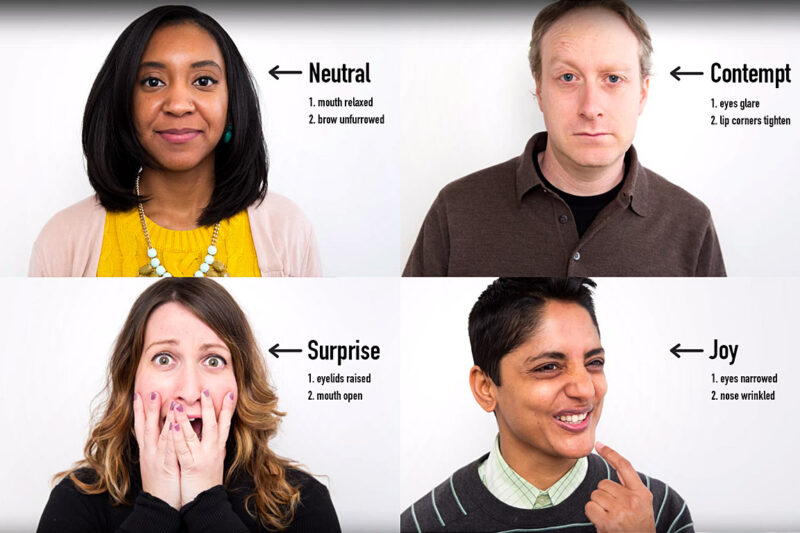
You're late for your flight, sweaty from having dragged your luggage to the check-in counter, and stressed about making it through security before boarding begins. For some of us, this is the rule, not the exception. For most of us, it's a pretty unremarkable scenario.
Not so fast, says the Transportation Security Administration. Typical airport behavior like this could make you a suspicious traveler who should be subjected to questioning and additional screening ÔÇô and possibly referred to the police for investigation, detention, or arrest.
That should seem far-fetched, but it isn't. The TSA continues to use pseudo-scientific "behavior detection" techniques that have given rise to persistent allegations of racial and ethnic profiling at our nation's airports.
Through a program called Screening Passengers by Observation Techniques, or SPOT, the TSA employs thousands of "behavior detection officers" who scrutinize travelers to look for signs of "mal-intent" in airport screening areas. The officers typically spend less than 30 seconds scanning an average passenger for over 90 behaviors that the TSA associates with stress, fear, or deception. When the officers perceive clusters of such behaviors in any given individual, they refer that person for secondary inspection and questioning.


%3Ciframe%20allowfullscreen%3D%22%22%20frameborder%3D%220%22%20height%3D%22281%22%20src%3D%22https%3A%2F%2Fwww.youtube.com%2Fembed%2FNiUwwemwpok%3Fautoplay%3D1%26autoplay%3D1%26version%3D3%22%20width%3D%22500%22%3E%3C%2Fiframe%3E
Privacy statement. This embed will serve content from youtube.com.
Learn more about racial profiling and other civil liberties issues: Sign up for breaking news alerts, , and .

